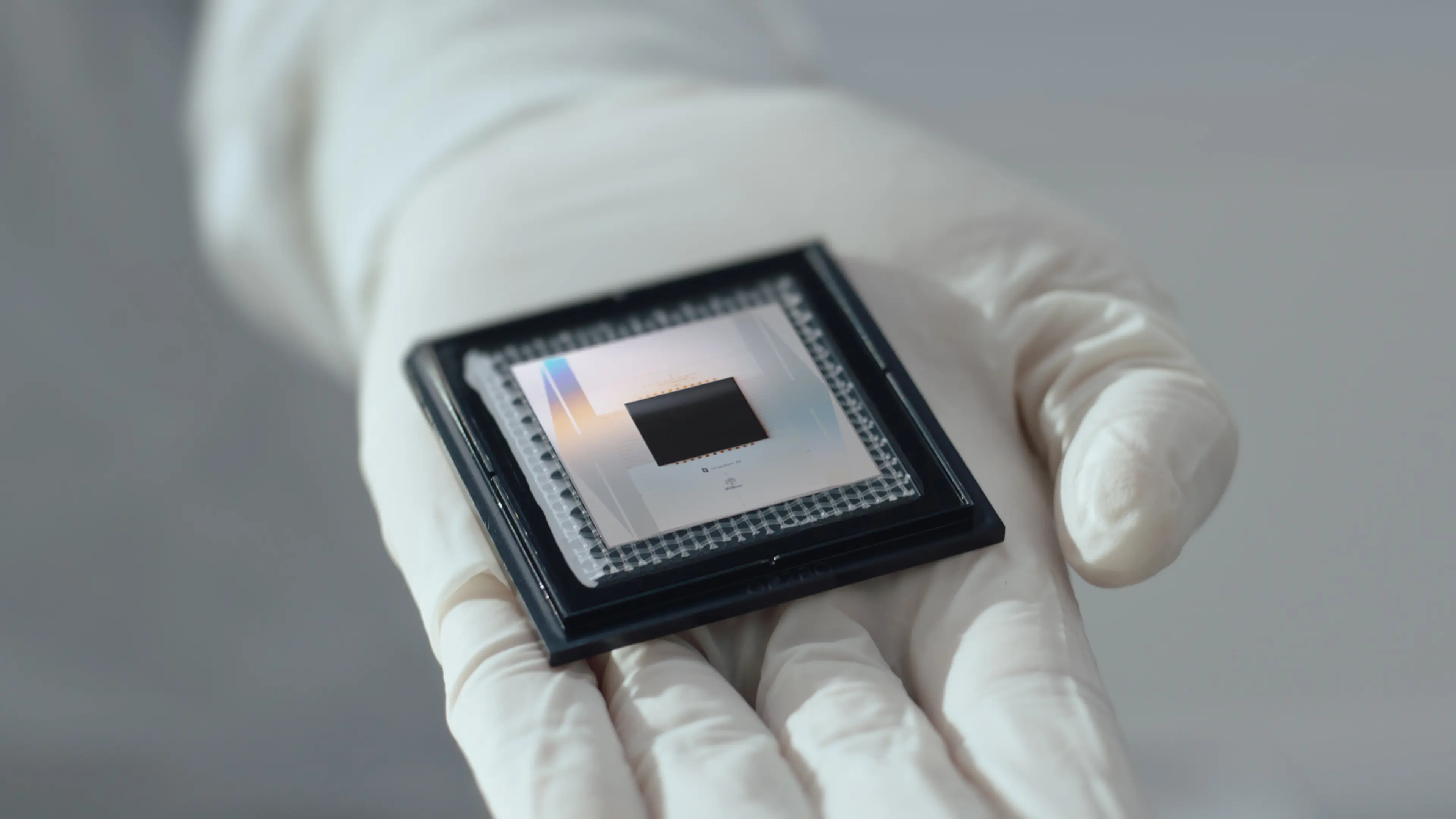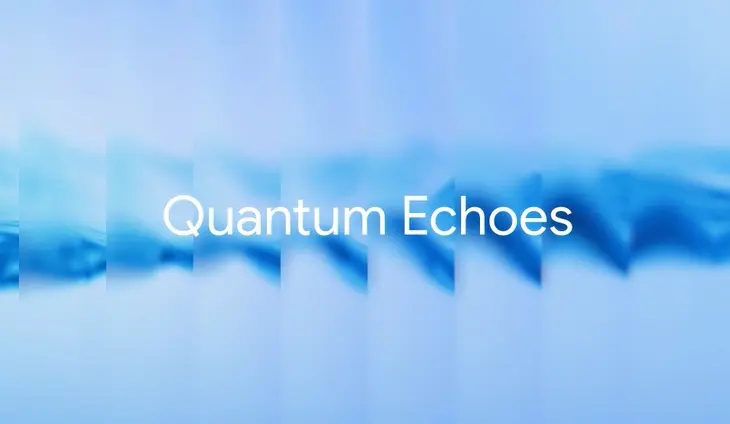Google has become the first to demonstrate that a quantum computer can successfully execute a verifiable algorithm that outperforms classical supercomputers.
Google has developed a new quantum algorithm that would significantly accelerate complex calculations in chemistry and materials science. The algorithm, Quantum Echoes, runs on the company’s own Willow quantum chip and would work up to 13,000 times faster than classical alternatives.
Echo
Quantum Echoes enables researchers to analyze much larger and more complex molecules than was previously possible. This is achieved through a technique similar to nuclear magnetic resonance (NMR), where radio waves map molecular structures. Combined with a “molecular ruler,” this opens up new applications in drug development. Scientists can better predict how candidate drugs bind to molecular targets.

The algorithm also offers advantages in materials science. By more accurately simulating how atoms behave, researchers can develop better materials, for example for batteries or solar cells.
Reliability Confirmed
The performance of Quantum Echoes has been confirmed in a publication in the scientific journal Nature. Google tested the technology for years using so-called “red-teaming,” where researchers deliberately try to find errors in the system. This approach is intended to guarantee the reproducibility of results by other quantum computers.
read also
Google: ‘quantum chip can’t break modern cryptography’
According to Google, quantum technology will be capable within five years of solving practical problems that are currently beyond the reach of classical supercomputers. The company sees applications in medicine, energy technology, and materials research, among others. Further advances in hardware and algorithms must fulfill these expectations.
